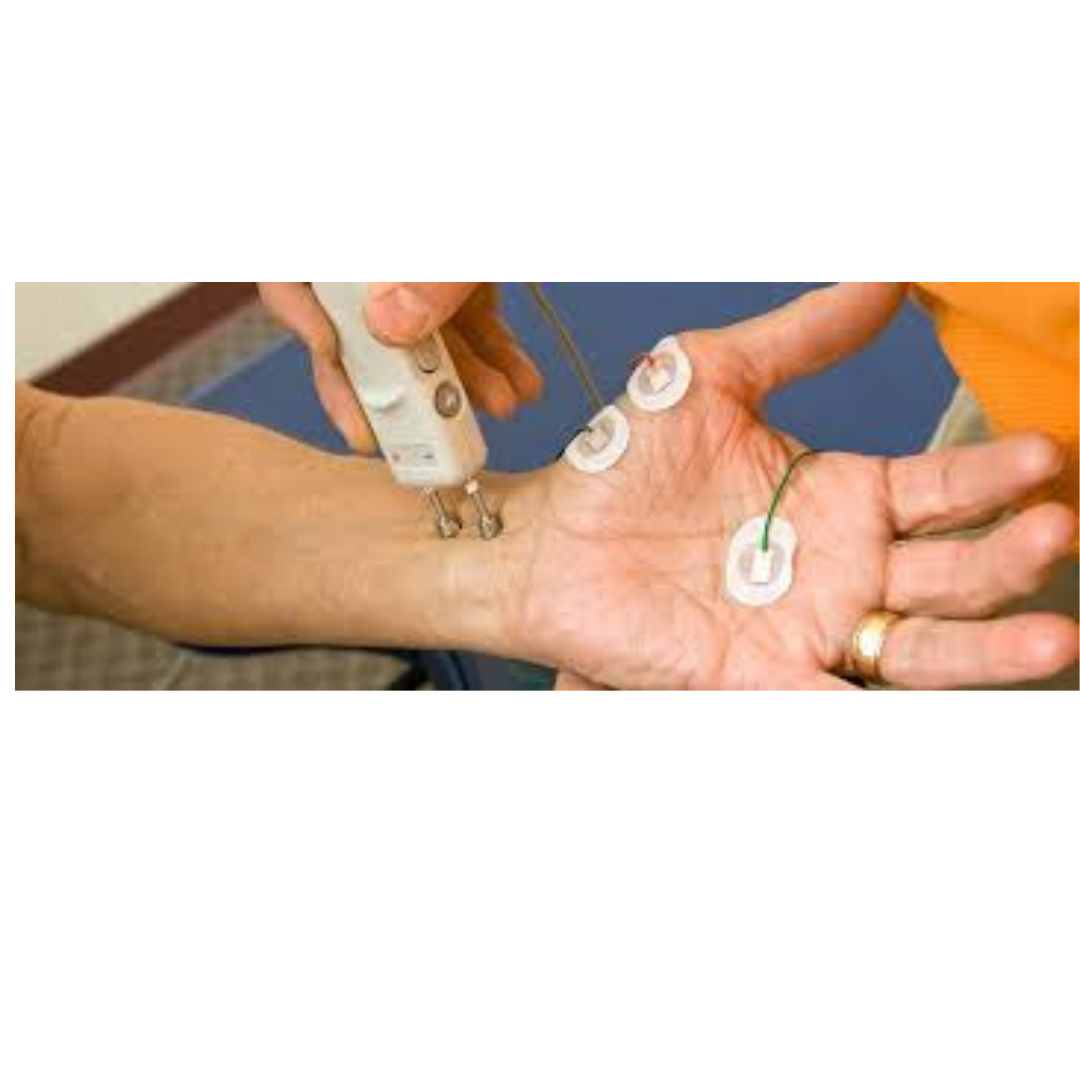NCV Test Near Me: Everything You Need to Know Before Booking
When you’re experiencing unexplained numbness, tingling, or weakness in your muscles, one of the diagnostic tests your doctor may recommend is a nerve conduction velocity (NCV) test. If you’re searching for an ncv test near me, it’s natural to have questions about what the procedure involves, why it’s important, and how to prepare. This article will guide you through the essentials of NCV testing, helping you make an informed decision.
What is an NCV Test?
An NCV test, or nerve conduction velocity test, is a diagnostic procedure that measures how quickly electrical signals move through your nerves. This test helps detect nerve damage, identify its severity, and assist doctors in determining the right treatment plan.
It is often performed alongside electromyography (EMG) for a comprehensive evaluation of nerve and muscle function. Together, these tests provide valuable insights into neurological health.
Why Do Doctors Recommend an NCV Test?
Doctors recommend an NCV test for patients who show signs of:
- Numbness or tingling in the arms, legs, or face
- Persistent muscle weakness
- Sharp, shooting pains along nerves
- Symptoms of peripheral neuropathy
- Suspected nerve compression syndromes such as carpal tunnel
By evaluating nerve signal speed, doctors can confirm or rule out conditions that affect the peripheral nervous system.
Conditions Diagnosed with NCV Testing
An NCV test can help diagnose multiple medical conditions, including:
- Carpal tunnel syndrome
- Peripheral neuropathy (often caused by diabetes)
- Herniated disc or spinal nerve root issues
- Guillain-Barré syndrome
- Sciatic nerve problems
- Traumatic nerve injury
Because these conditions share overlapping symptoms, NCV testing provides the clarity needed for accurate diagnosis.
How is the NCV Test Performed?
Step 1: Preparation
The healthcare professional explains the procedure and attaches surface electrodes to your skin over specific nerves.
Step 2: Stimulation
A mild electrical impulse is delivered to the nerve, which may feel like a quick tingling sensation.
Step 3: Recording
Another electrode records how fast the signal travels. This is repeated for different nerves, depending on the suspected issue.
The procedure is generally safe, quick, and causes minimal discomfort.
How to Prepare for the Test
- Avoid applying lotions, creams, or oils on the skin before the test.
- Inform your doctor about any pacemakers or implantable devices.
- Wear loose-fitting clothes to allow easy access to arms and legs.
- Discuss any medications you’re taking, as they may affect nerve activity.
Benefits of NCV Testing
- Non-invasive and safe procedure
- Provides objective data about nerve function
- Helps in early detection of nerve disorders
- Guides doctors in tailoring effective treatment plans
- Can be repeated if necessary for ongoing monitoring
Risks and Side Effects
The NCV test is considered very safe. Some people may experience mild discomfort or tingling during the electrical stimulation, but this subsides quickly. Rarely, skin irritation may occur at the electrode site.
NCV Test vs. EMG: What’s the Difference?
Many people confuse NCV with electromyography (EMG). While both are often performed together, they have distinct roles:
- NCV Test: Measures how fast signals travel through nerves.
- EMG Test: Records the electrical activity in muscles when they contract or rest.
Together, they provide a complete picture of nerve and muscle health.
Cost and Availability of NCV Testing
The cost of an NCV test can vary depending on the city, clinic, and whether it is performed alongside an EMG. In metro cities, the average cost ranges between moderate to slightly higher levels depending on the complexity.
Patients should consult diagnostic centers or hospitals for precise pricing and appointment scheduling.
Who Should Get an NCV Test?
An NCV test is particularly beneficial for:
- Diabetic patients with suspected neuropathy
- People experiencing unexplained muscle weakness
- Patients with repetitive strain injuries (like office workers with wrist pain)
- Individuals with chronic back pain radiating to the legs
- Those recovering from nerve injuries
Final Thoughts on NCV Testing
If you are struggling with persistent nerve-related symptoms, consulting your doctor about nerve conduction testing can provide clarity and direction. By searching for an ncv test near me, you can easily locate trusted diagnostic centers and take an important step toward understanding your nerve health.
Frequently Asked Questions (FAQs)
1. What does an NCV test detect?
It detects how well and how fast electrical signals travel through nerves, helping identify nerve damage or dysfunction.
2. Is the NCV test painful?
Most patients describe it as mildly uncomfortable, with brief tingling sensations during stimulation, but not painful.
3. How long does the procedure take?
Typically, it takes 30–60 minutes, depending on how many nerves are being tested.
4. Can I drive after an NCV test?
Yes, the test is non-invasive, and you can resume normal activities immediately afterward.
5. Do I need to stop medications before the test?
In most cases, medications can be continued, but always inform your doctor beforehand.
6. Can children undergo NCV testing?
Yes, it can be performed on children if medically necessary, though doctors may adjust procedures for comfort.
7. Will I need both NCV and EMG tests?
Often, doctors recommend both to get a complete evaluation of nerve and muscle function.
8. Is the test safe for people with pacemakers?
You must inform your doctor. Special precautions may be taken if you have implanted devices.
9. How accurate is NCV testing?
It is highly accurate for detecting peripheral nerve problems, though results are best interpreted with clinical examination and history.
10. How soon will I get my results?
In most clinics, results are available within a day or two, sometimes even immediately.



